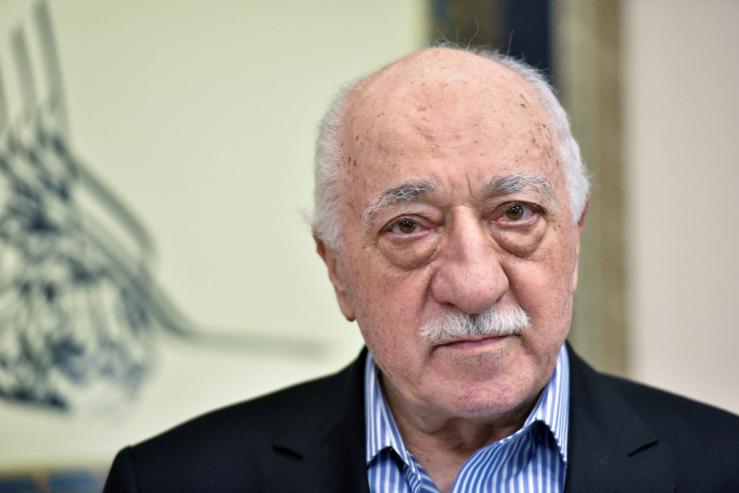The News
A Turkish cleric accused of planning a failed coup to overthrow President Recep Tayyip Erdoğan died aged 83 in the US.
Fethullah Gülen, the spiritual leader of the Hizmet movement, which promotes a moderate brand of Islam, was blamed for masterminding the putsch in 2016 that saw 250 people killed — an allegation Gülen consistently denied.
Thousands of state workers including officials, bureaucrats, and army leaders were arrested in a government crackdown after the coup.
Gülen, who had been living in the US since 1999, died after being admitted to a hospital in Pennsylvania, according to reports.
SIGNALS
Gülen turned religious beliefs into widespread political movement
Gülen, who became an imam in Turkey in the late 1970s, established a movement that claimed to follow the teachings of Said Nursi, an Islamic cleric and Sufi. As Gülen gained followers, his beliefs spread to Turkish schools in more than 100 countries, and eventually transformed into a political movement. Members “actively recruited individuals and placed them into key state institutes such as the police, judiciary and military,” an Ankara-based reporter wrote. Gülen often sought to reconcile Islam with contemporary science, promoted charity, and met with interfaith leaders, according to a 2016 New Yorker profile: “For many in the West, it represented a hopeful trend in Islam.”
Gülen’s politically convenient relationship with Erdoğan eventually disintegrated
Gülen was once an ally of Turkey’s leader Erdoğan — The Wall Street Journal in 2014 called it a “crumbling political marriage of convenience” — but their relationship disintegrated after Gülen criticized Erdoğan over a corruption probe that began that year and suggested his movement could challenge Erdoğan’s incumbent party. It marked an “unraveling of the broad, Islamist-rooted coalition that has governed Turkey since 2002,” the Journal wrote. Gülen continued to lead his followers from an estate in the mountains of Pennsylvania, where Turkish authorities said he planned the 2016 coup attempt.
Gülen’s death removes a thorn in US-Turkey relationship
The 2016 effort to overthrow Erdoğan was short-lived, and the Turkish leader immediately pointed the finger at Gülen, labeling him a terrorist, but Gülen denied the accusations. Following his death, Turkish news outlets seen as pro-government ran articles saying he left behind a “dark legacy” after running a shady, criminal network “that disguised itself as a religious movement.” Turkish authorities had accused the US of harboring Gülen and demanded his extradition, and his death “removes a top issue in Turkey-US ties,” Turkish journalist and Brookings fellow Aslı Aydıntaşbaş said. The movement, meanwhile, has “lost all its leverage in Turkey but continues abroad. It will likely be fragmented now, with some followers hoping to reconcile with Turkey,” Aydıntaşbaş said.


